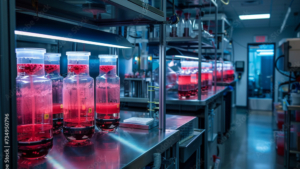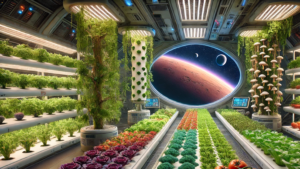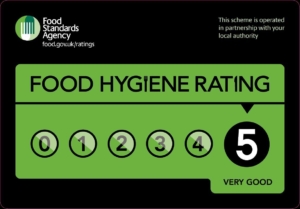
EFSA updates guidelines on cultured proteins and Novel Food
The EU's food watchdog EFSA has updated its guidelines for novel food applications including cell-based and fermented foods to streamline approval times and clarify that food safety is its highest priority when recommending novel food products for market authorisation.
The new scientific and administrative guidance will apply to all applications submitted to the European Commission from 1 February 2025. The proposed document was the subject of a lengthy public consultation, attracting more than 700 contributions. “We now have a nine-month deadline to complete each risk assessment, but if we need more information from the applicant, we pause the process,” the EFSA said in a press release on Monday. The updated guidance should help streamline the application process by making the requirements clearer and reducing the chances of missing information. The new guidelines may bring back some European producers of novel foods and alt proteins, who so far seeked market approval for their products in Singapore and the US, who have approval times significantly shorter than 12 months. In Europe, these used to be 18 to 48 months.
Sustainable animal-friendly cell or insect-based production of food and feed proteins is currently a hot topic in Europe. In January, Italy’s State of Head, Giorgia Meloni, and other heads of state committed to traditional farming challenged the criteria for approving cultured meat at the EU Agri Council, and in July, the far right Hungarian EU Presidency reiterated the need to protect the EU’s culinary traditions against all types of novel foods at the first agri council under its presidency.
The Good Food Institute (GFI), an alternative protein industry supporter, welcomed the guidelines as they respond to the needs of food innovators, while maintaining the EU’s „gold standard regulatory system.“ „However, with Italy trying to enforce its controversial cultivated meat ban while countries like the Netherlands still invest, Europe is sending mixed messages to companies who need certainty to deliver on the potential of alternative proteins to boost food security and drive green growth,” Seth Roberts, a regulation expert at the GFI said to Euractiv.
The update is an answer of the European Commission to countries seeking to make their own rules on novel foods. The Commission initiated the update as a reaction to Italy’s market ban on cell-based foods. This summer, a French company was the first to apply for EU market authorisation of a cultured meat product.


 adobe stock photo - JR-50
adobe stock photo - JR-50
 FSA UK
FSA UK